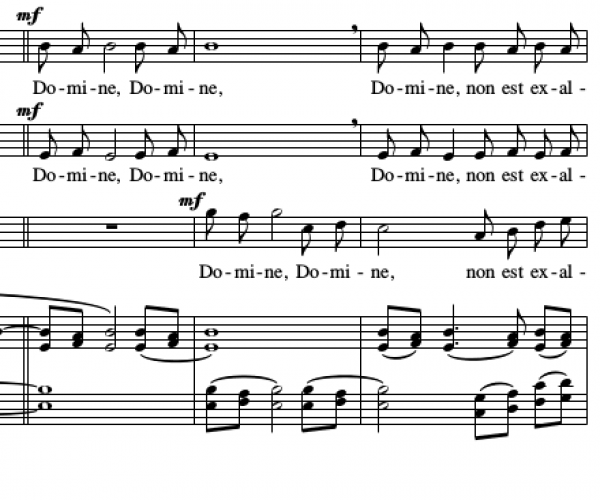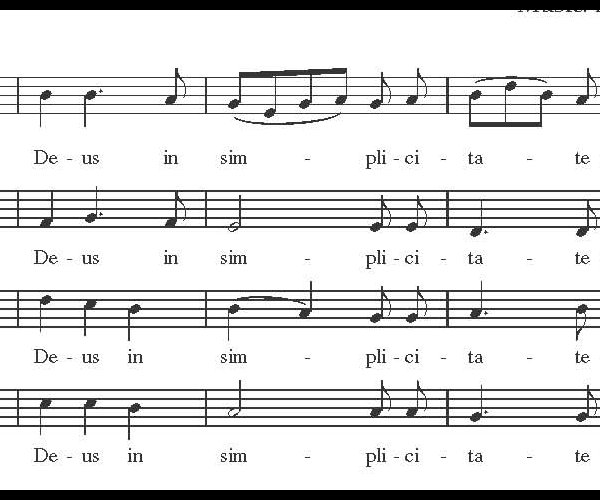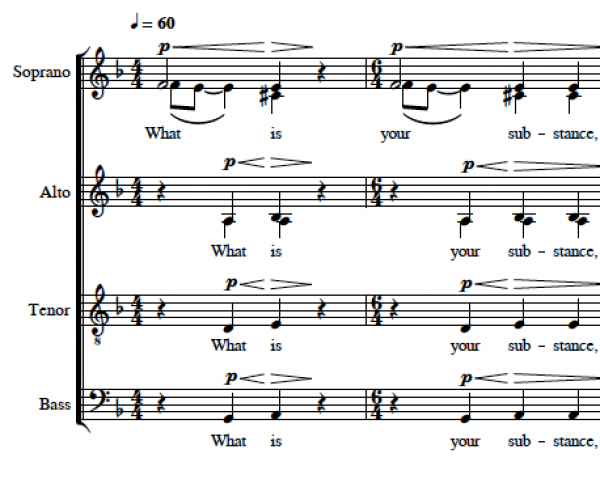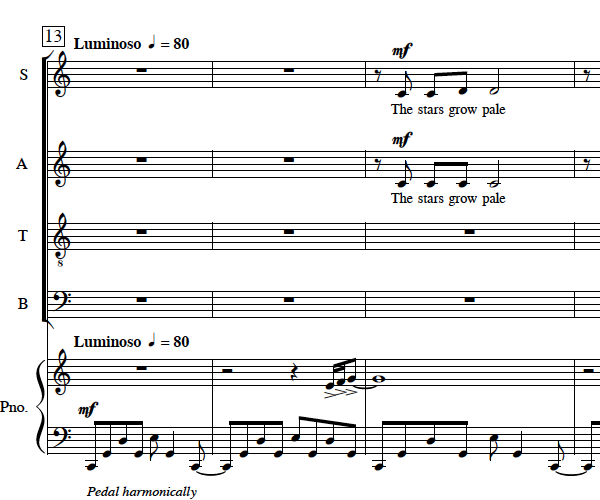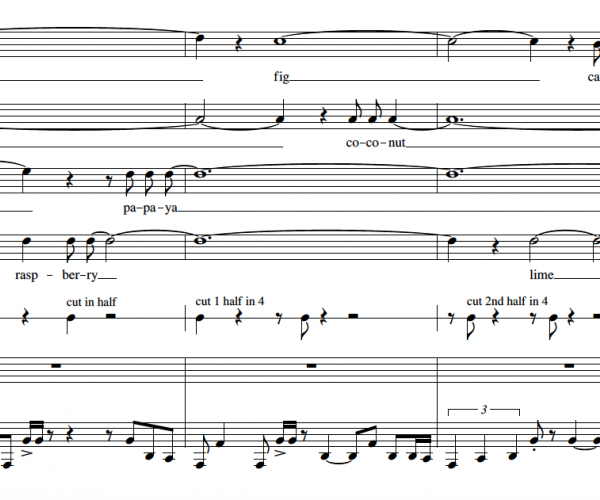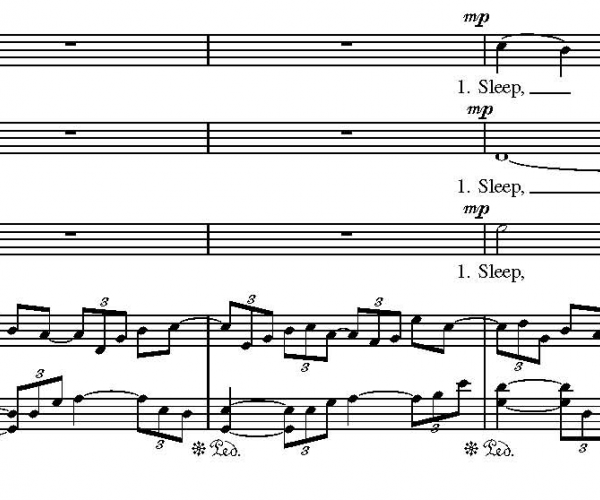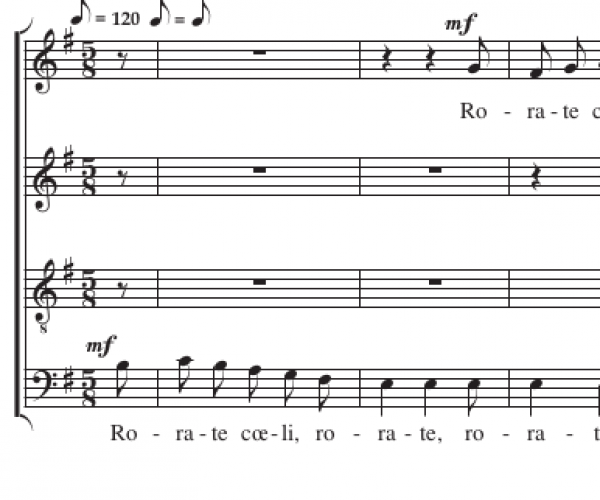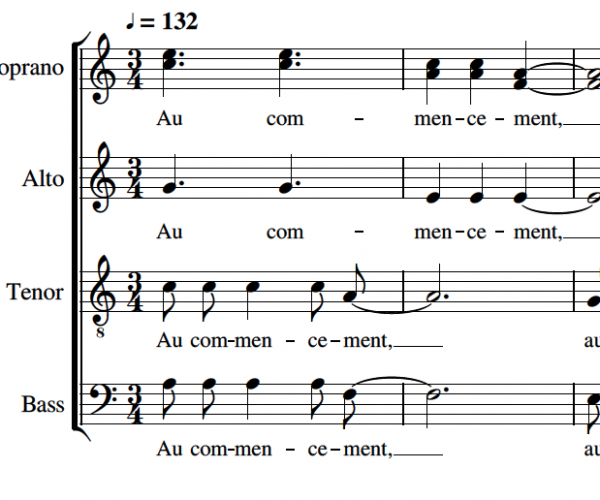Scores
- Adriaan Willaert (1)
- Alain Craens (1)
- August De Boeck (1)
- Carl Van Eyndhoven (4)
- Chris Dubois (1)
- Cypriano De Rore (1)
- Diederik Glorieux (1)
- Dirk De Nef (1)
- Frank Agsteribbe (1)
- Gilles Binchois (1)
- Hans Helsen (1)
- Hayne Van Ghizeghem (1)
- Heinrich Isaac (1)
- Hubert Waelrant (1)
- Jacob Obrecht (1)
- Jacobus Clemens non papa (1)
- Jacques Nicolas Lemmens (1)
- Jan Van der Roost (2)
- Johannes Ockeghem (1)
- Josquin Desprez (1)
- José Retra (1)
- Koen Vits (1)
- Kristiaan Van Ingelgem (1)
- Lara Denies (1)
- Liesbeth Decrock (2)
- Lieven Duvosel (1)
- Lodewijk De Vocht (1)
- Lucien Posman (1)
- Ludo Claesen (2)
- Maarten Van Ingelgem (1)
- Marcel Ponseele (1)
- Michael Vancraeynest (1)
- Nicolaas Gombert (1)
- Noah Thys (1)
- Noor Sommereyns (1)
- Norbert Rosseau (1)
- Orlandus Lassus (1)
- Paul Steegmans (1)
- Paul Schollaert (1)
- Peter Benoit (1)
- Philippus De Monte (1)
- Pierre-Hercule Brehy (1)
- Raymond Schroyens (1)
- Roland Coryn (1)
- Sebastiaan van Steenberge (2)
- Stijn Dierckx (2)
- Vic Nees (2)
- Vigdis Hansa Elst (1)
- Wim Henderickx (1)
Ludo Claesen wrote Domine non est exaltatum (psalm 131) for a colloquium in August 2016. The feasibility for an average church choir was an important criterion.
With Domine Deus in simplicitate, Ludo Claesen takes us to Gregorian chant. The beginning of the composition refers to the original melody of the Gregorian hymn. Claesen does not literally copy the melody line, but retains the idea behind the practice: the melismatic singing or in other words, the singing of several notes on a syllable.
Lara Denies is currently studying composing at the Royal Conservatoire in Antwerp under, among others, the tutelage of Wim Henderickx and Steven Prengels. She also takes Conducting taught by Luc Anthonis as an elective.
With the piece What is your substance, whereof are you made she won the first edition of the Composition Contest Vic Nees in 2020 (category conservatories).
In 2016 Stijn Dierckx composed the suite Phenomenae Naturae for SATB and piano, where five natural phenomena are portrayed through texts of British and American authors. Luce Prima was written as an addition to and the beginning of Phenomenae Naturae. It portrays the sunrise and nature’s awakening.
Paul Steegmans wrote a simple religious work: Ego sum panis, suitable for liturgy or concert.
This composition has as only text different sorts of fruit in English. Throughout the piece, the salad is prepared by the way of singing in the choir, but also by a percussionist who cuts the pieces in a rythmical way. In the ultimate minutes of the composition, the choir eats the fruit salad. Voices disappear one by one, untill the bowl of fruit salad is empty.
Studying and performing A lullaby not only gives great pleasure in singing, but is also excellent for practicing and experiencing some important aspects of choral singing in detail, partly due to the slow pace. Interpreting the text plays a major role in this song: be aware of word expression, pronunciation and sound.
Jan Van der Roost's Rorate Coeli was first published in 2009. It's an excellent work of easy to moderate difficulty.
Au commencement was written for De Tweede Adem (2nd Breath) under the direction of Maarten Van Ingelgem. Comment le monde fut créé d'une goutte de lait is a creation story of the Fulani, people who live in Mali, among others. As the composition shows, milk is central in their culture.
Raymond Schroyens wrote a charming song on a text by the Scottish poet Robert Burns (1759 - 1796). The soft melody roams through all voices. Meanwhile, My love is widely known among choirs at home and abroad.
Pages
Register for our newsletter
We keep you informed 4 times a year about repertoire news, info about Flemish composers, new acquisitions in our library, webshop or freely downloadable scores on Koorklank

